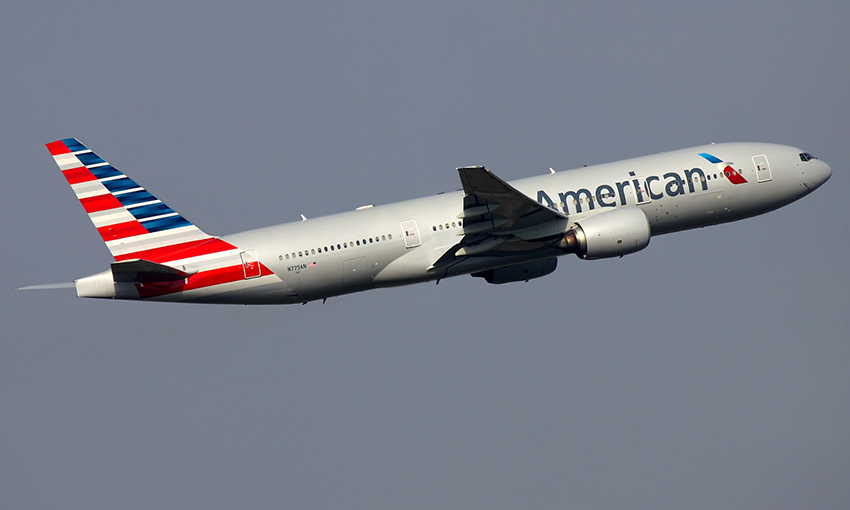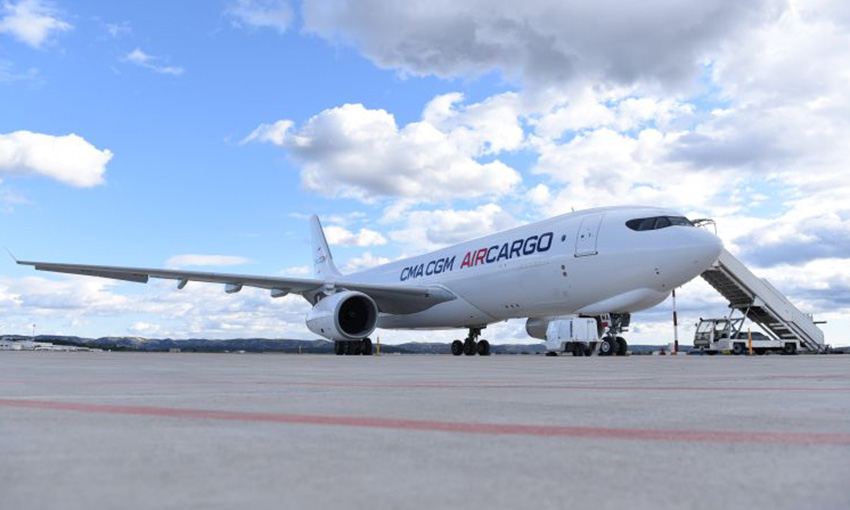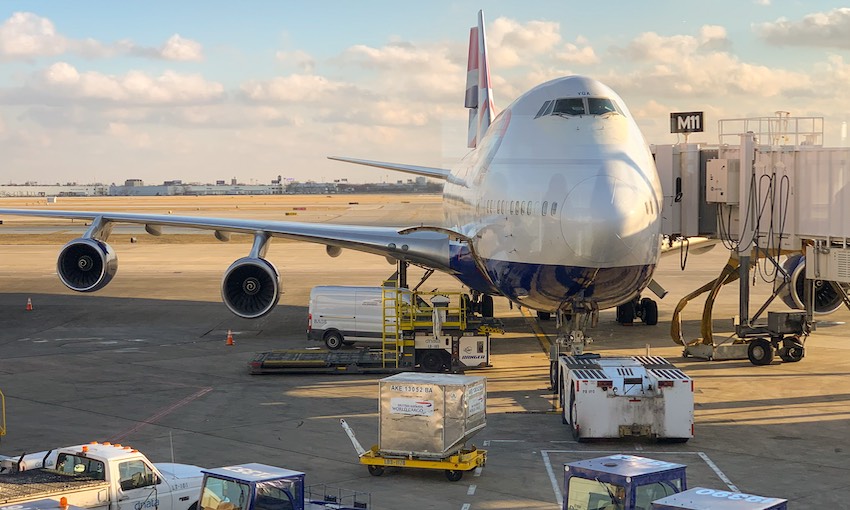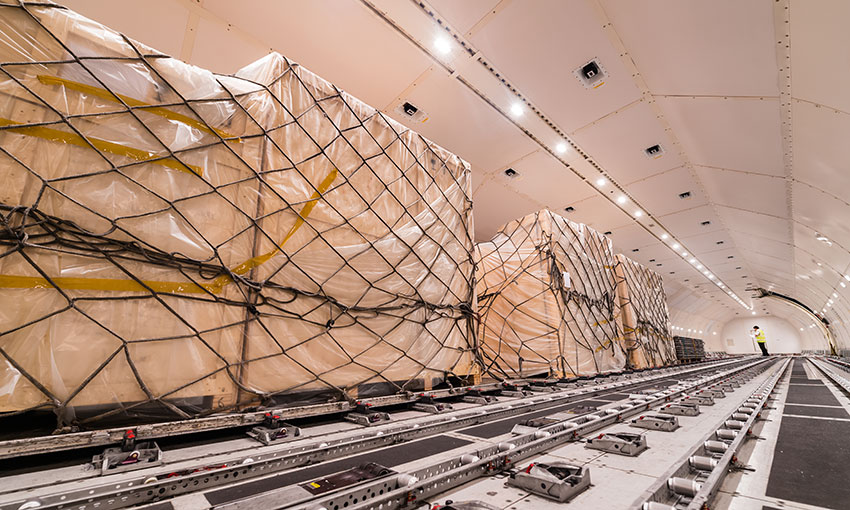AMERICAN Airlines has announced a decision to suspend both passenger and cargo flights to Australia for two months starting in September.
In a letter to customers, the airline said the decision to suspend the passenger flights was the reduced passenger capacity into Australia, due to COVID-19 restrictions, and the removal of flight crew wage subsidies in the US.
And, the company said, despite the success of its cargo-only operation to Australia, the opening of borders in the Northern Hemisphere has caused “unprecedented” demand for wide-body aircraft for passenger routes normally served by narrow-body planes.
“This is encouraging news for passengers in countries not affected by Covid lockdown, however the impact on the American Airlines cargo operations is a reduction of available wide body aircraft to support cargo-only flying,” the company said.
“Our American Airlines Cargo senior management team have been working with fleet scheduling to secure an aircraft for the Australian market since the announcement to suspend flights was made, but unfortunately they were unable to secure an aircraft for September and October.”
Freight and Trade Alliance head of aviation and air cargo, and AVISTRA director, Sara Hales said American Airlines’ suspension of flights means Australia’s aviation recovery and that of the rest of the world would get larger. She said more similar withdraws are expected.
“As Northern Hemisphere markets return to travel, busting to get out of their locked down cities and spend their locked-up cash, airlines must contemplate the best place to deploy their assets to restore their depleted balance sheets,” she said.
“While July’s passenger cap reduction is understood to have been made in the best interest of protecting the Australian population, and to avoid overwhelming our quarantine facilities, the result is that Australia is even less attractive as a place to deploy aircraft.”
Ms Hales said the challenge to Australian aviation is not just in the short term.
“When we are ready to fling the doors open and welcome the world in again, we will have to compete for aircraft with markets whose recovery is more established,” she said.
“There will be an opportunity cost to deploying fleet back to Australia – which the Northern Hemisphere recovery didn’t need to contend with. As the northern markets returned to flying, aircraft were pulled out of the desert and put back to work. In Australia’s case, our business cases will need to be strong enough to pull aircraft out of northern hemisphere routes where they are likely to be making good money for their owners/lessors.”
The International Forwarders and Customs Brokers Association of Australia also acknowledged the issues caused by the airline’s suspension of services.
“The suspension of American Airlines services for two months, combined with adjusted schedules and reduced services of other carriers, in response to reduced international passenger caps here and repositioning of aircraft to summer schedules in the Northern Hemisphere, will lead to pressure in the peak season months ahead,” The association said in a statement.
“High demand and limited flights will inevitably impact exporters of perishables and general cargo shipments, with higher freight rates likely. Booming imports and full ships are causing a compounding of airfreight congestion, where just-in-time supply-chain demands conflict with shipping delays and airfreight is used as back up.”





